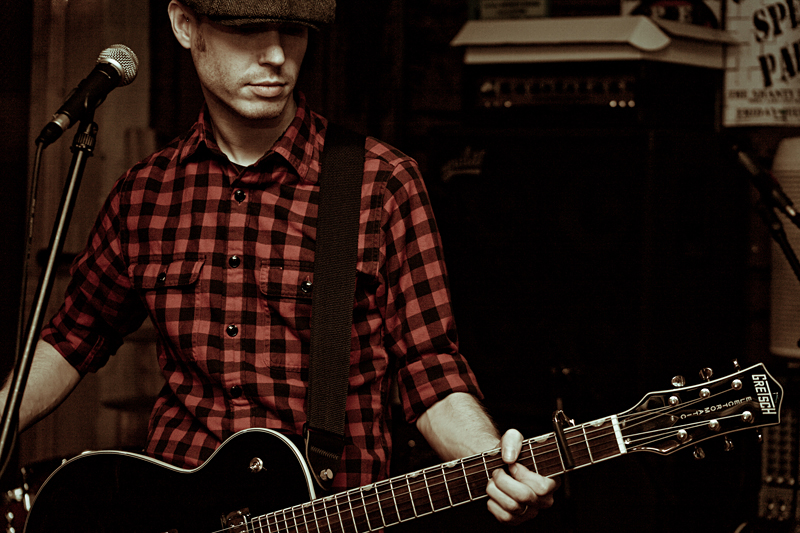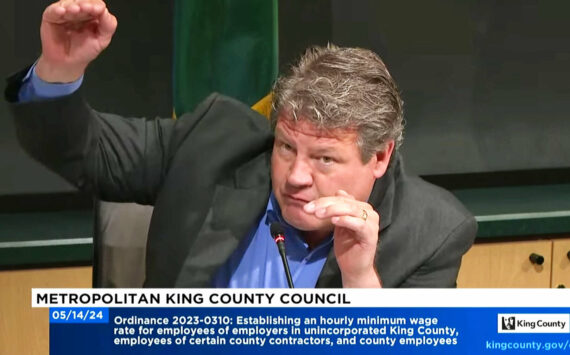Skeptical cops have called it “hug-a-thug.” Supporters maintain that it is far and away the most effective way to fight crime. “It” is the Drug Market Initiative, a program created by a renowned criminologist from New York that encourages law enforcement to take a carrot-and-stick approach with street-level drug dealers. Seattle police tried the strategy last year in the Central District, and now they are reportedly considering a second go-round in Columbia City.
The Drug Market Initiative (DMI) hinges on a neighborhood “intervention,” in which law-enforcement officials offer to set up nonviolent drug dealers with an array of social services and education opportunities if they agree to find new lines of work. If they go back to their old ways, police warn that they’ll be locked up. Meanwhile, members of the community agree to work with police to report on and help root out any lingering drug activity.
Seattlepi.com broke the news of the new DMI last week: “The boundaries of the operation are 37th Avenue South to 47th Avenue South and South Brandon Street to South Edmunds Street. The effort began Oct. 19, according to police documents. When one undercover detective was purchasing drugs in that area on Nov. 1, a group of kids age 10 to 15 started conversations with him as they were getting off a school bus, police reported. Noting the problems in the area, the detective wrote in court documents that kids have to walk through street drug deals to get home.”
A quick overview of last year’s DMI on 23rd Avenue—which culminated in a dramatic August meeting of cops, prosecutors, community leaders, and drug dealers at the Langston Hughes Performing Arts Center—shows that the program didn’t prove to be the panacea it’s been for other cities. Of the 16 dealers invited to attend, at least seven were arrested in the following months. Crime, meanwhile, seems to have continued unabated: In September, the SPD rounded up 17 people around the Union Street corridor and charged them with drug crimes.
“DMI was never about whether defendants individually succeeded or failed in committing new offenses,” wrote Robert Hood, a member of SPD’s DMI Team, in a comment on Seattle Weekly‘s news blog (seattleweekly.com/dailyweekly). “It was about breaking up the drug market that existed at 23rd and Union for over a generation. 23rd & Union today is much improved over its pre-DMI days.”
By contrast, Central District News reported on a May community meeting in which neighborhood residents complained of resurgent drug activity in the area. One person living on Spring Street near 24th reportedly said that “traffic is way up on that street at all hours, with people hiding out and doing deals behind the bushes,” and “neighbors confirmed the increase, including reports of new issues around the post office parking lot.”
The brainchild of David Kennedy of the John Jay College of Criminal Justice at the City University of New York, the DMI program has received serious accolades when implemented elsewhere. High Point, N.C.—which was awarded a 2007 Innovations in American Government Award from the Ash Institute for Democratic Governance and Innovation at Harvard University’s Kennedy School of Government—saw a 57 percent drop in crime in the city’s most notorious neighborhood after the program was put in place.
“With one exception, where [the program] has been done with reasonable attention to the basic underlying ideas, it’s worked,” Kennedy tells Seattle Weekly. “The weakness seems to be in areas with really high residential turnover, mostly public housing projects. We’ve seen a weakening of the impact, and there are some steps that are being put in place that seem to address that. The basic idea turns out to be that as people move in, they need to be put on notice that there’s a new state at play.”
But it sounds like a heart-to-heart with Columbia City’s crack suppliers won’t happen anytime soon: The P-I reports that although the Columbia City DMI is apparently in the works, SPD says it “hasn’t been announced” and is “not officially confirmed.”







